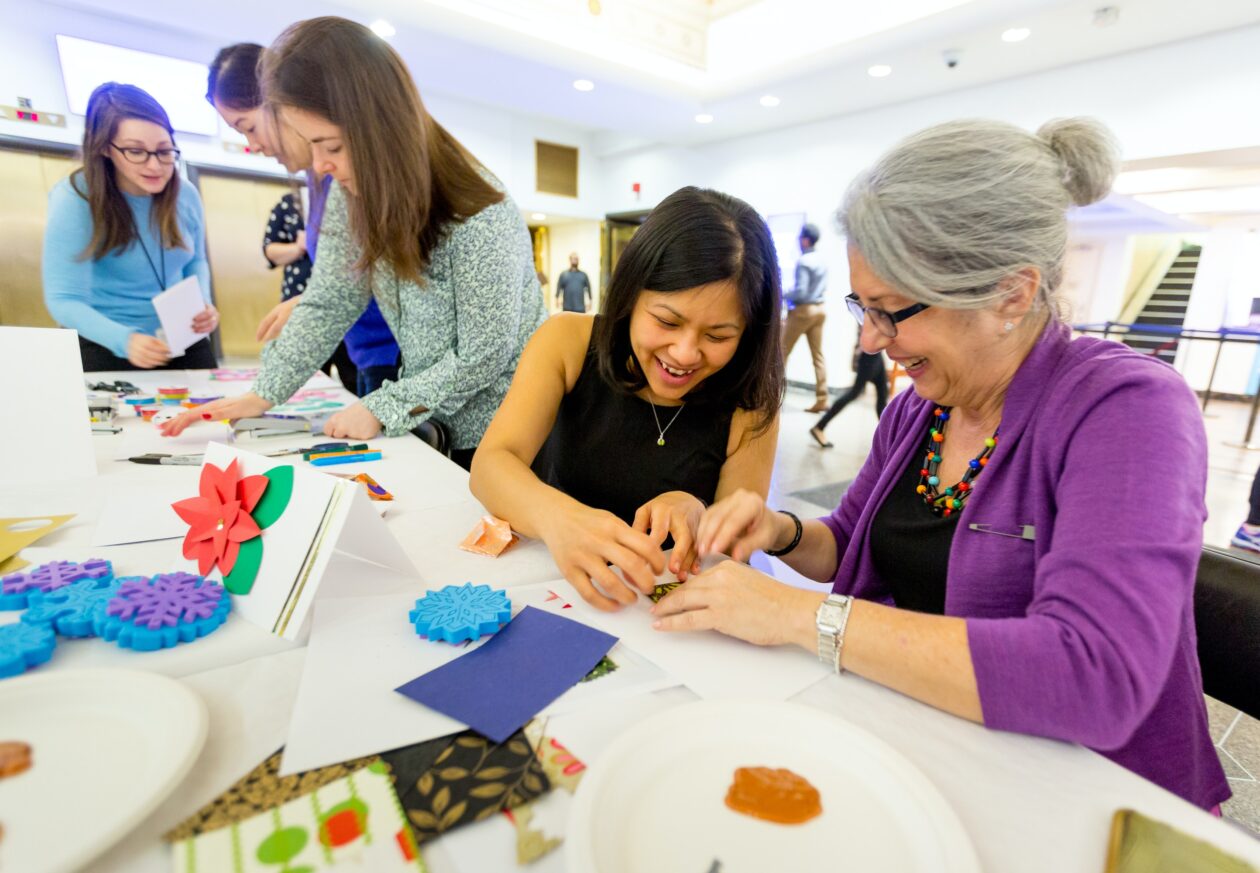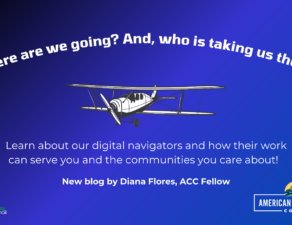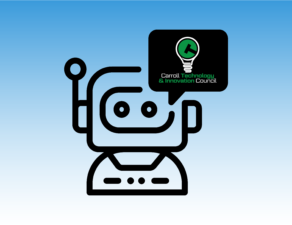
Giving back gives more than we might realize. Research suggests giving to others benefits not only them, but our own bodies and minds as well.
A BMC Public Health study results indicate that other-oriented volunteering – giving for the sake of helping another person, rather than for our own gain – has significantly stronger effects on mental and physical health, life satisfaction and social well-being. When we volunteer for altruistic reasons and express concern and care for other’s needs, regardless of how it affects us, we benefit our bodies – and likely each other – more.
In self-oriented volunteering, the volunteer’s motivation is defined by the desire to develop social networks, acquire skills or evade personal problems and it is not as effective for our health, nor is it likely to be as effective for the people we are serving. This suggests volunteering benefits are better when there is not an expectation of compensation, but that does not mean there is no “pay.”
In giving, we are “paid” with the feeling of pride and joy that arises from having served someone – a smile on their face, a genuine thanks. We also can reap the benefits of supported community members – a veteran with the newfound resources to find a job they love or a kid with a safe and fun after school program. We can build our communities stronger for the individuals we know and lives we build.
There are additional correlations between wellness and volunteering: volunteers may experience a lower rate of mortality than those who do not, according to an observation of an analysis of data from the Longitudinal Study of Aging. In another study by the American Society of Pain Management Nurses, individuals suffering from chronic pain experience a decrease in the intensity of their pain, disability levels and depression when they served as peer volunteers.
There is also positive indications for disease prevention: volunteerism may be an effective, non-pharmacological intervention for incidence of hypertension. Such is a risk factor of cardiovascular disease, stroke and mortality. Participants in a Carnegie Mellon University study who had volunteered 200 hours or more in a year were 40% less likely to develop hypertension than non-volunteers.
Extending this observation on volunteering and heart health, an analysis by AmeriCorps using health and volunteering data from the U.S. Census Bureau and the Center for Disease Control, it was found that “states with higher volunteer rates are more likely to have lower rates of mortality and less incidence of heart disease.”
Service may just be the secret for the health and wellness of ourselves and our communities. On this GivingTuesday, find let’s serve our bodies, and each other.
GivingTuesday is an opportunity to use your individual power of generosity to connect and support your communities through acts of kindness, time, talent and treasure. “All around the world, we are joining forces and leaning on each other – and this generosity tells us that we will achieve the better, more just world that we all seek,” writes the GivingTuesday website.
You can donate to the TechWorks program and help us support our veterans. We are equipping them with laptops and the digital skills they need to become connected with social and employment opportunities.






